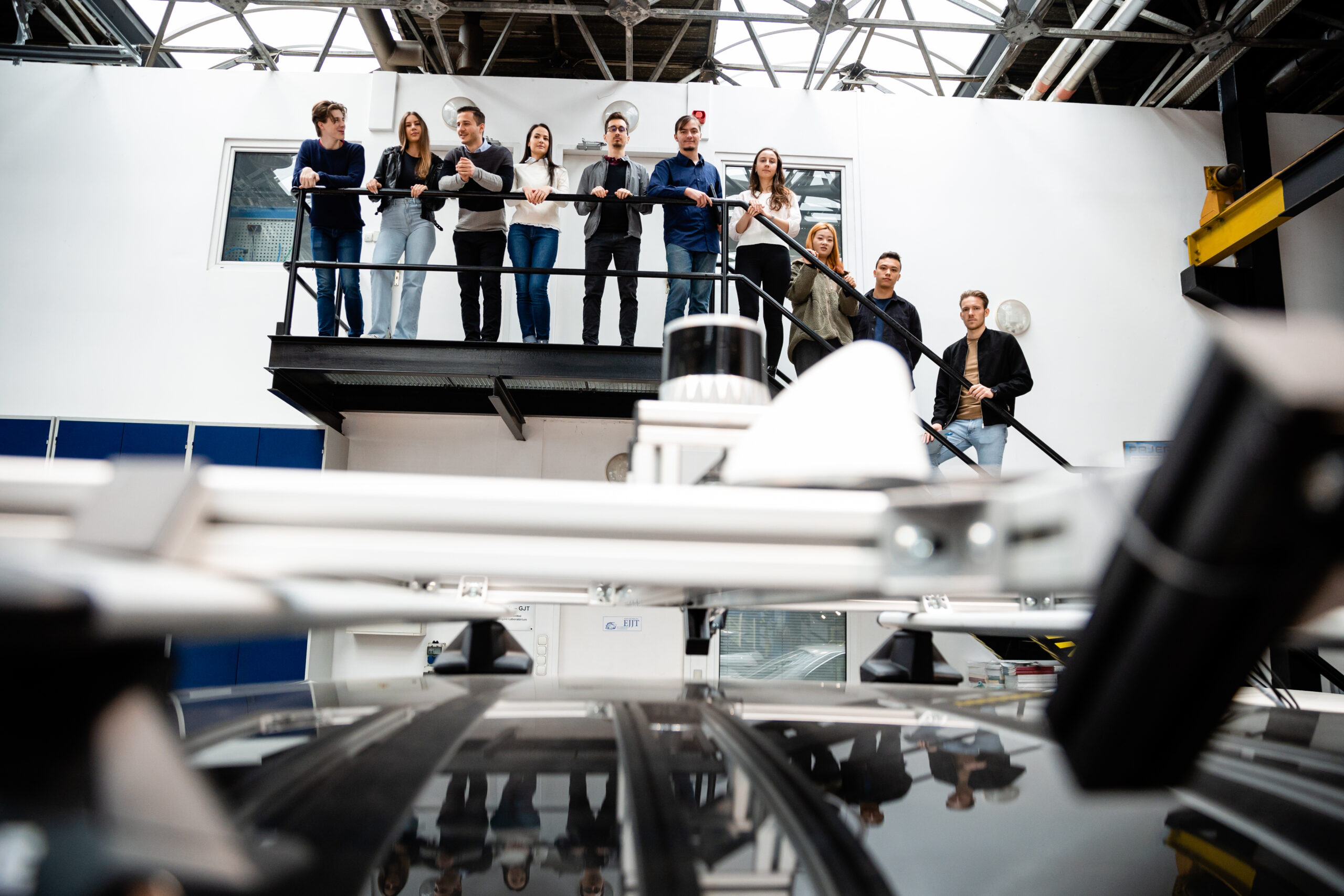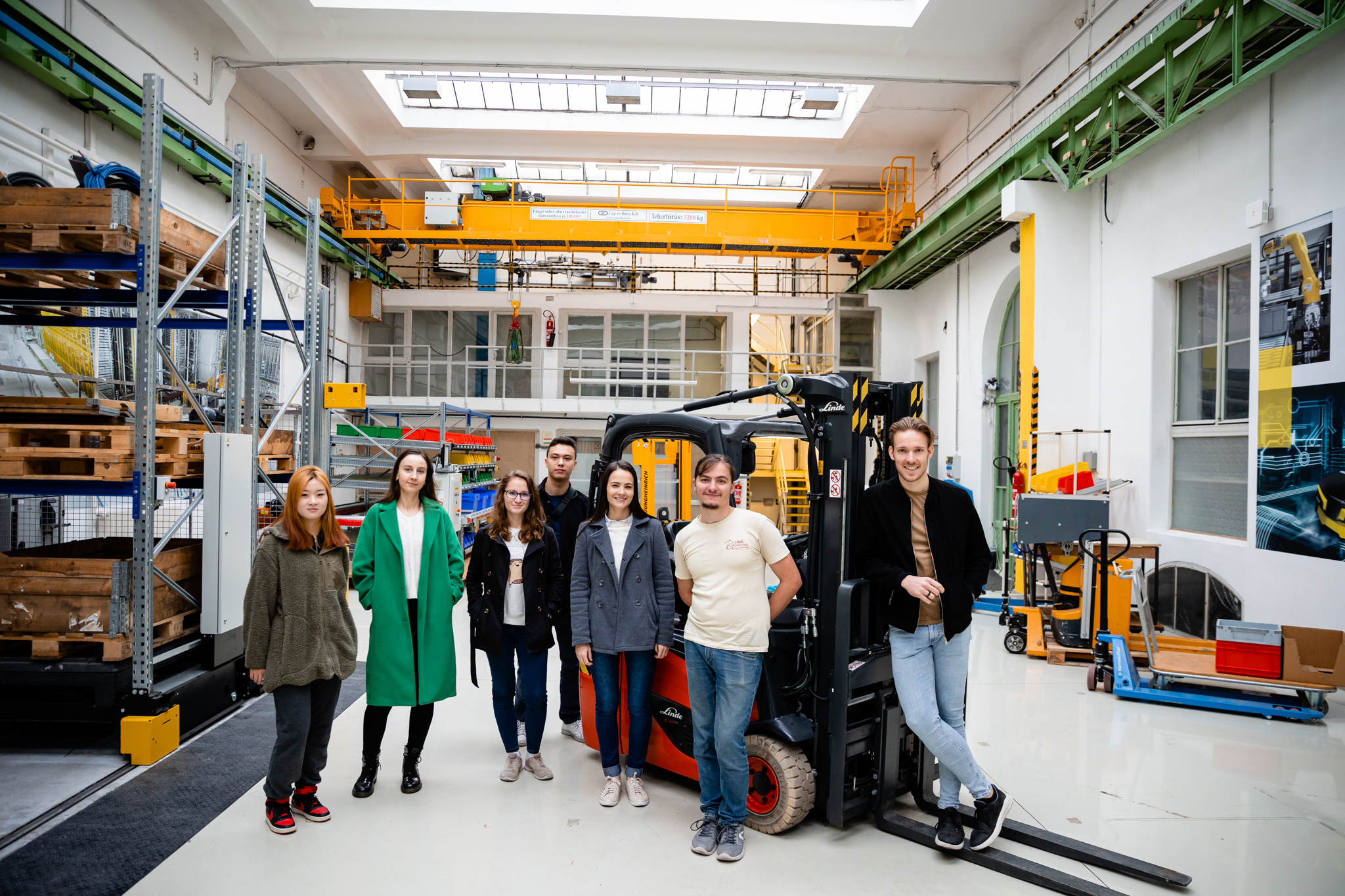Mechanical engineering is one of the broadest and most versatile engineering professions, reflected by our curriculum, which provides a solid intellectual foundation in this field. The program develops the relevant engineering skills and introduces the important theoretical, numerical and experimental methods and techniques of engineering practice. The educational program prepares students for professional practice in an era of rapidly advancing technology. They combine a strong base in the engineering sciences (mechanics, materials, fluid and thermal sciences, systems and control) with practice-focused laboratory and design experiences. Independence, creative talent, leadership, as well as the capability for continuing professional growth are also cultivated.
For our BSc programs general minimum requirements are an eligible highschool degree; document of English language proficiency and successful admission tests, while for our MSc programs an eligible BSc degree is needed. Detailed information on the general admission procedure (deadlines and requirements) can be found on our E-admission page
You can study at BME with a scholarship or as a self-funded student, by paying tuition fees. Various scholarships help you cover tuition fees and your living expenses during your studies. Successful PhD students may receive additional support from research grants.
Mechanical engineering students receive a balanced combination of courses on engineering, physics, mathematics,and computer/IT skills,as well as up-to-date soft skills (e.g. management, sustainability). Specializations are available in (1)Process Engineering and (2)Engineering Design and Technology.
Vector and matrix algebra, Linear systems, Calculus, Differential equations, Geometry, Probability and statistics
Physics for engineers, Technical drawing, Machine elements, Engineering fundamentals
Communication, professional English, management
and presentation skills
English for engineers, Intercultural skills
Machine elements, Product design, Manufacturing, Technical measurements, Finite element method (FEM)
Control techniques, Electromechanics, Programming fundamentals
Fluid mechanics, Fluid machinery and fluid flow systems, Mass and heat transfer, Heat engines
Material science and testing, Polymer science and technology
Energy processes and equipments, Fluid flow systems, Acoustics, Computational fluid dynamics (CFD), Air pollution, wastewater and solid wastes management
Injection Molding, Metal Foaming, Novel Engineering Materials, Machine Tools and Manufacturing Systems, Composites Technology, CAD Systems, Non-Destructive Testing of Materials, CAD/CAM Applications, Polymer Processing
Individual project, internship, thesis work
Earning a BSc in Mechanical Engineering offers high demand, diverse career paths, competitive salaries, transferable skills, professional accreditation, international opportunities, innovation, professional growth, and lifelong learning. Graduates can find rewarding careers as design engineers, project managers, consultants, and more in industries like automotive, aerospace, energy, and manufacturing. Our curriculum also develops a broad range of transferable skills such as analytical thinking, critical reasoning, project management, technical proficiency, teamwork, effective communication, and creativity. Such skills not only enhance employability within the engineering domain but also enable students to become valuable resources in various other professions.

